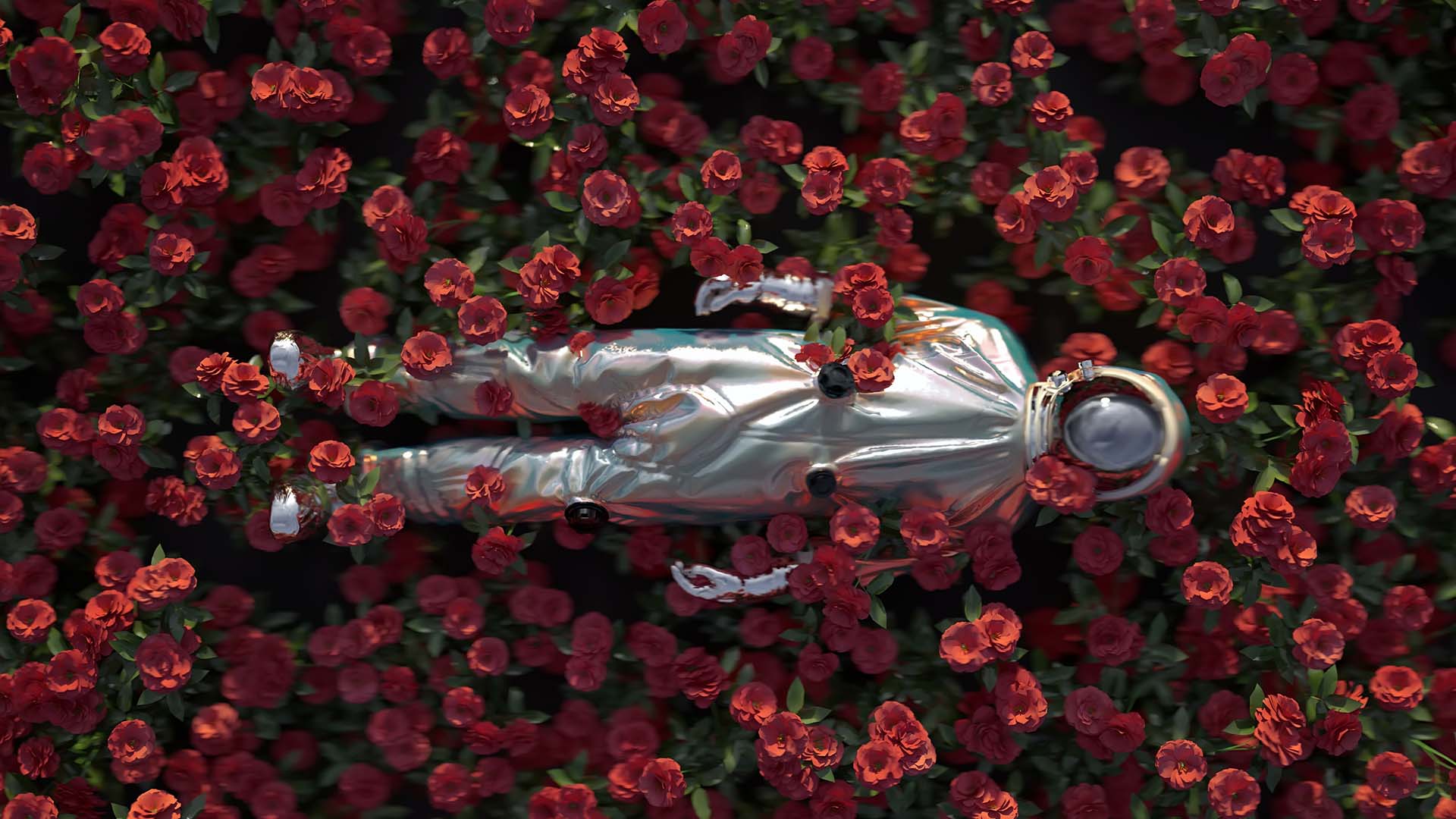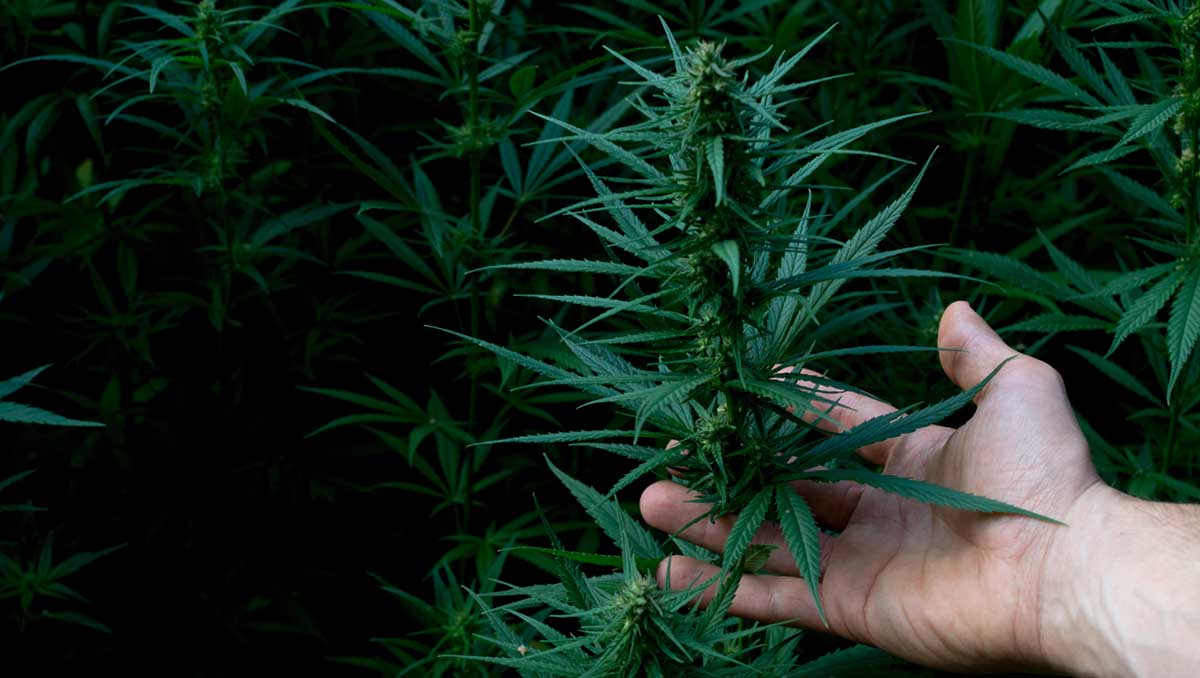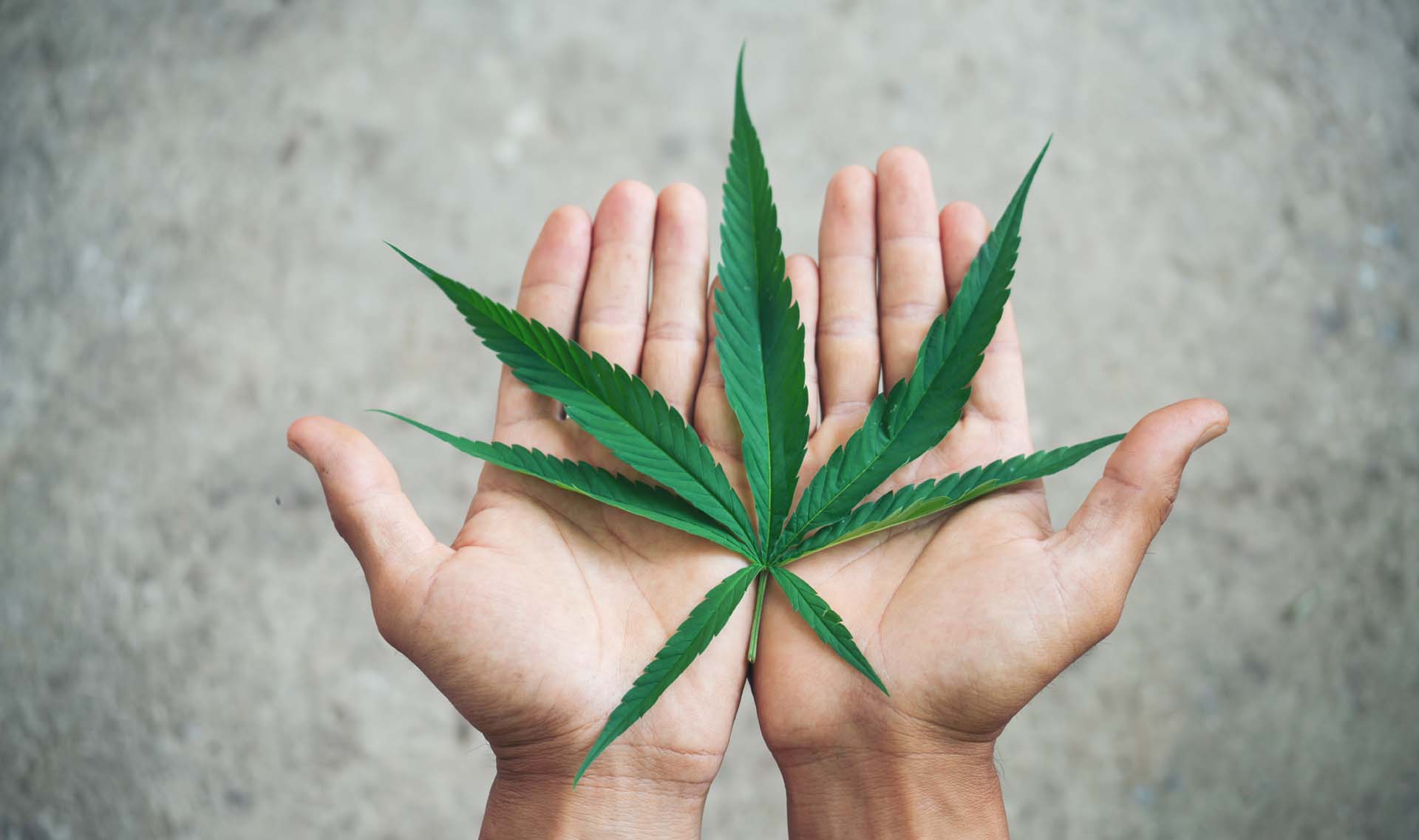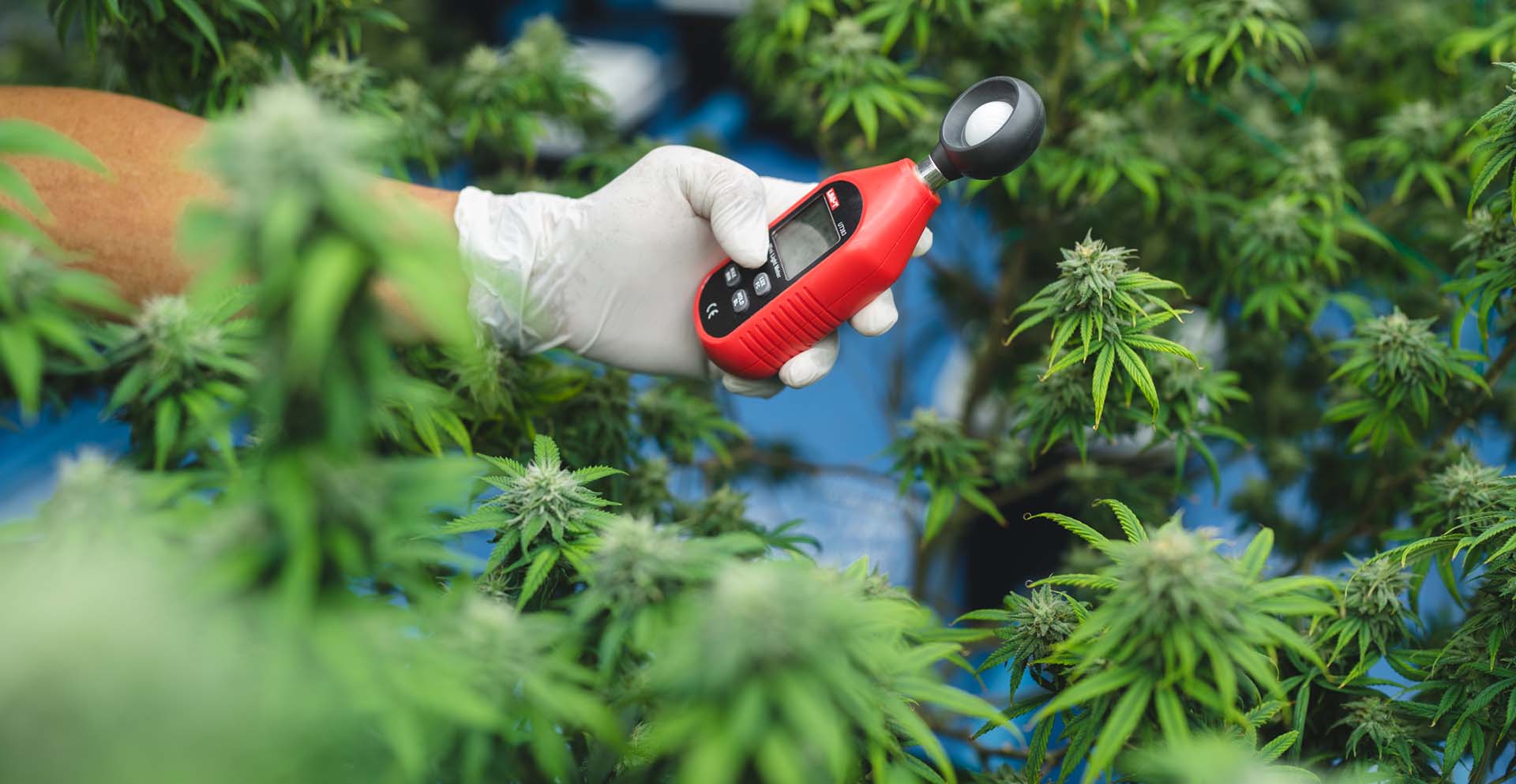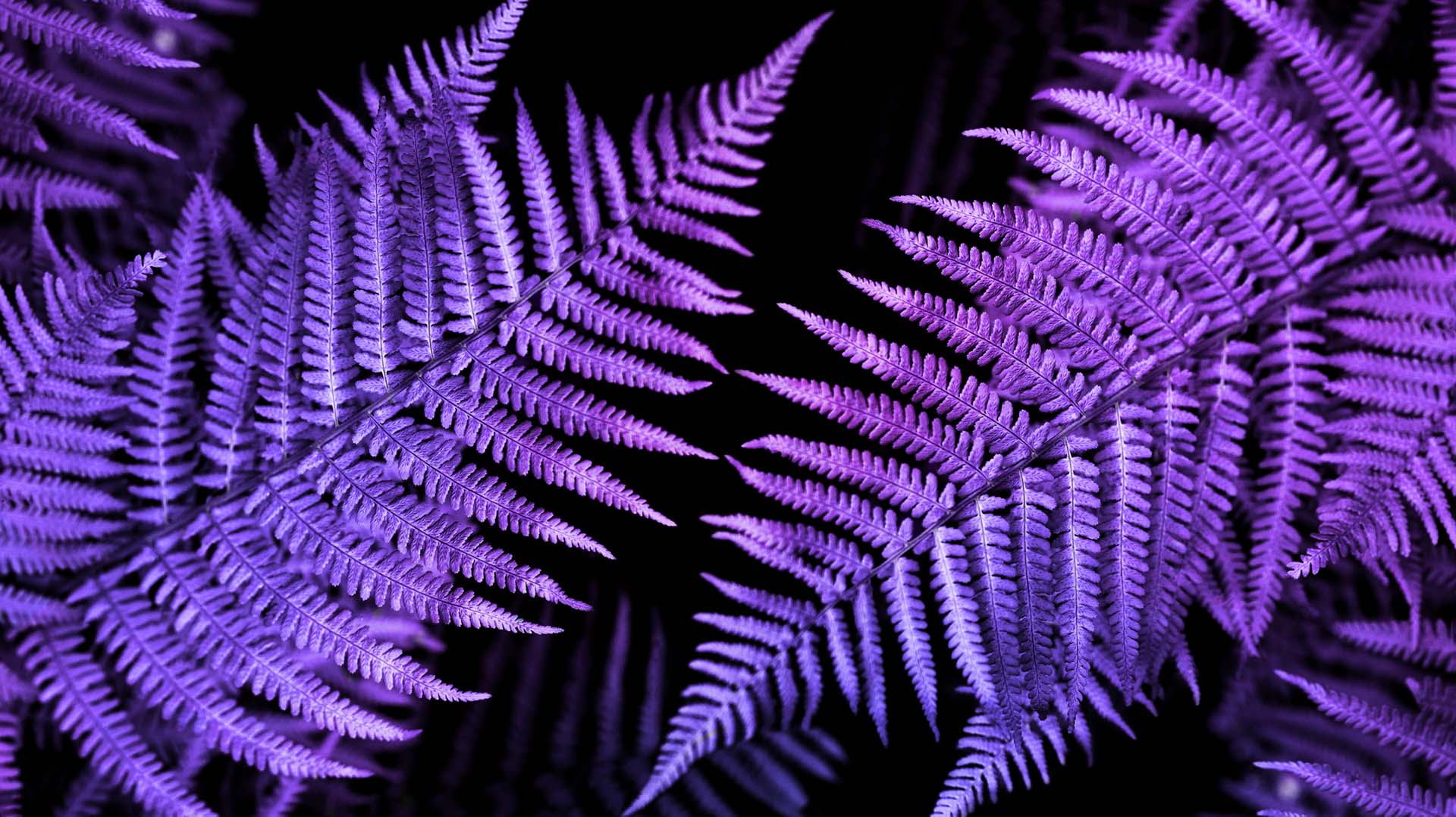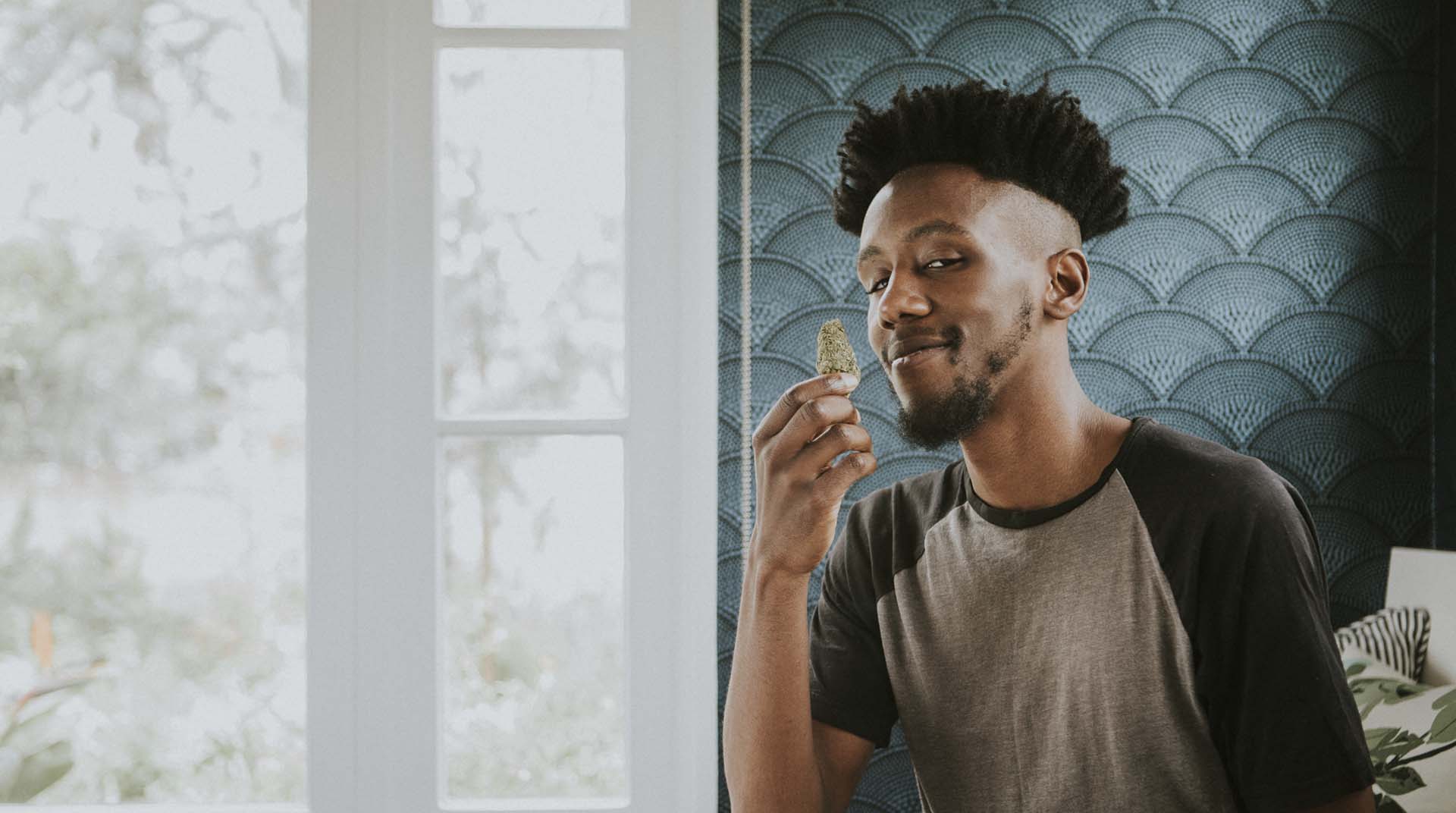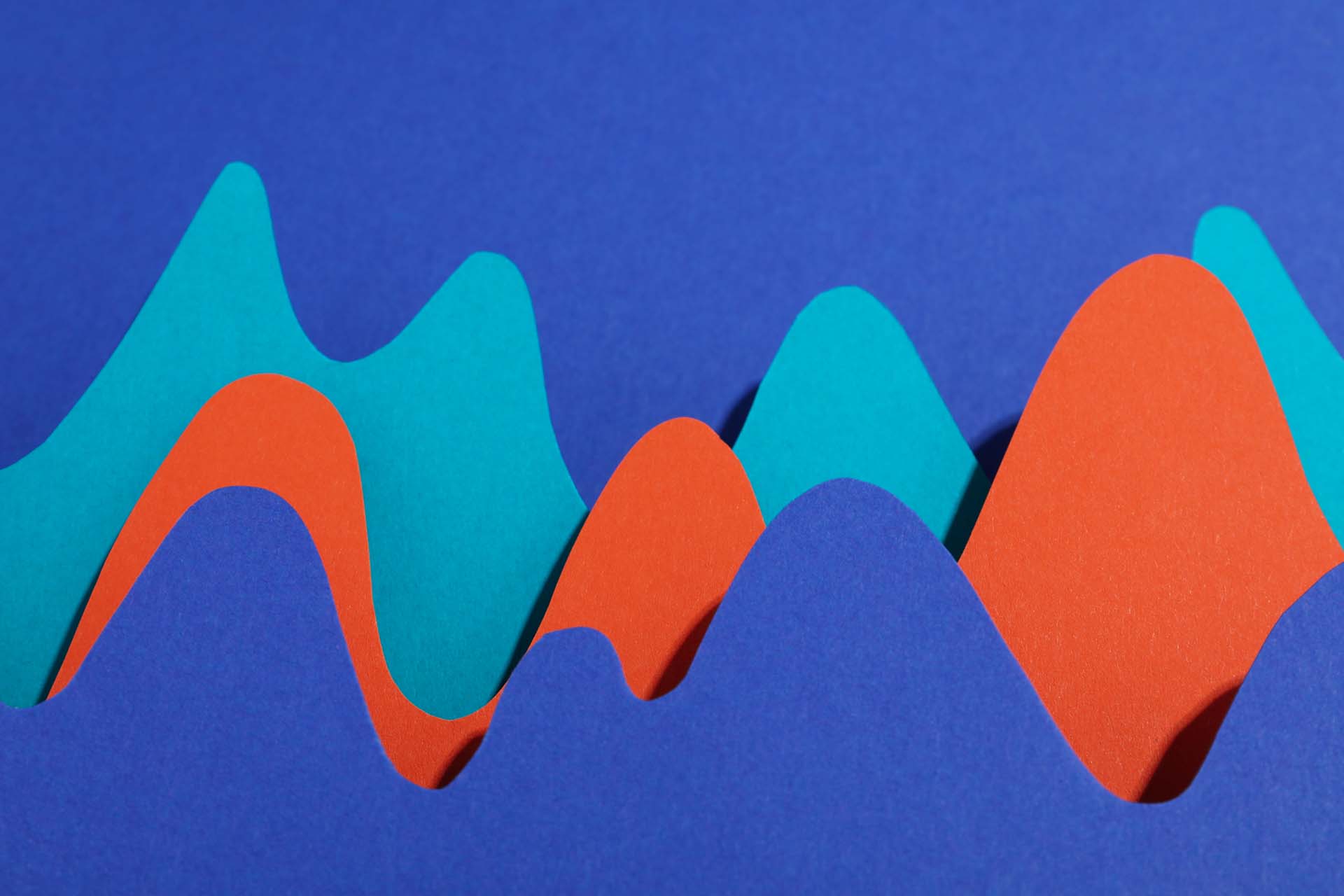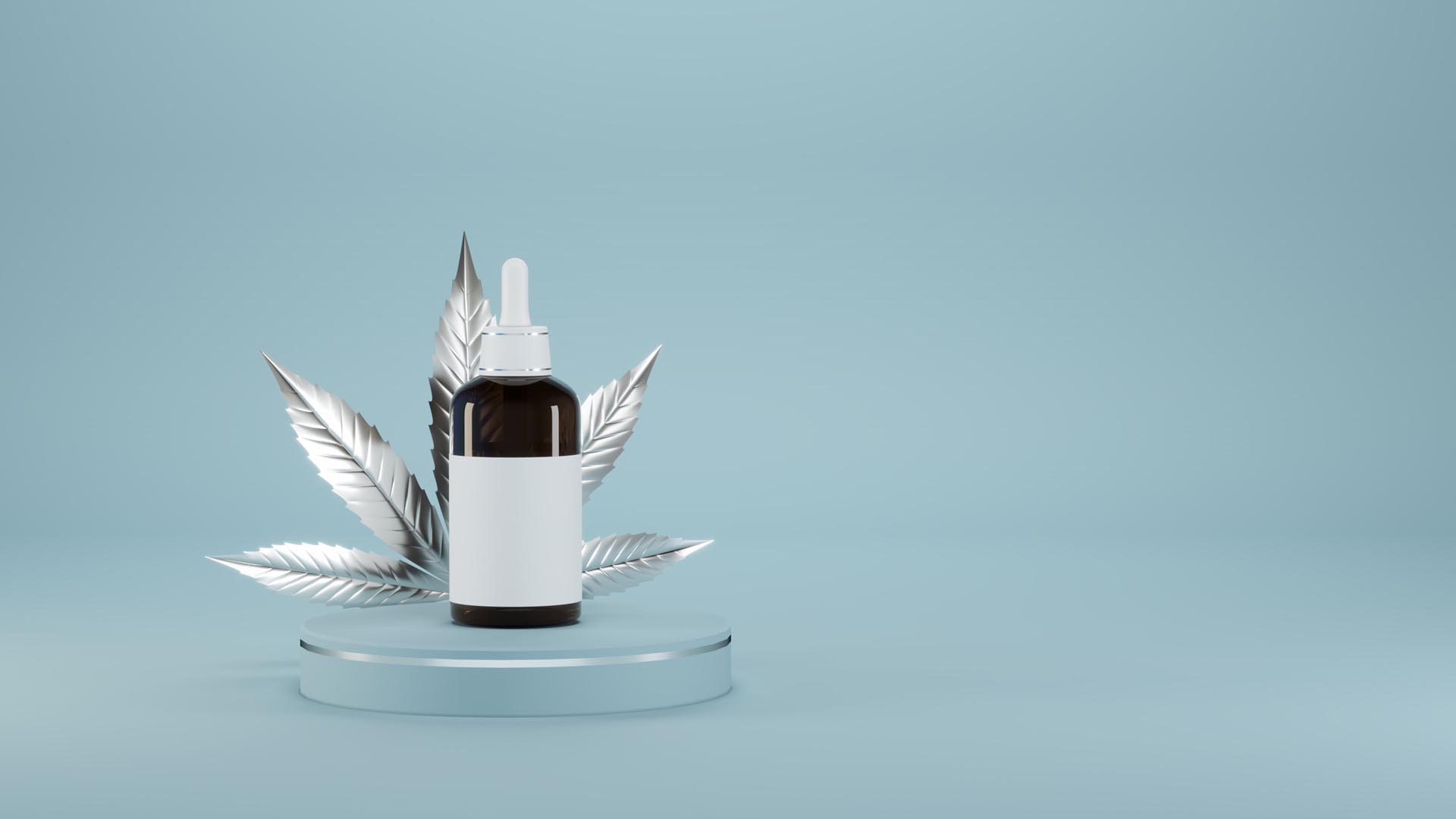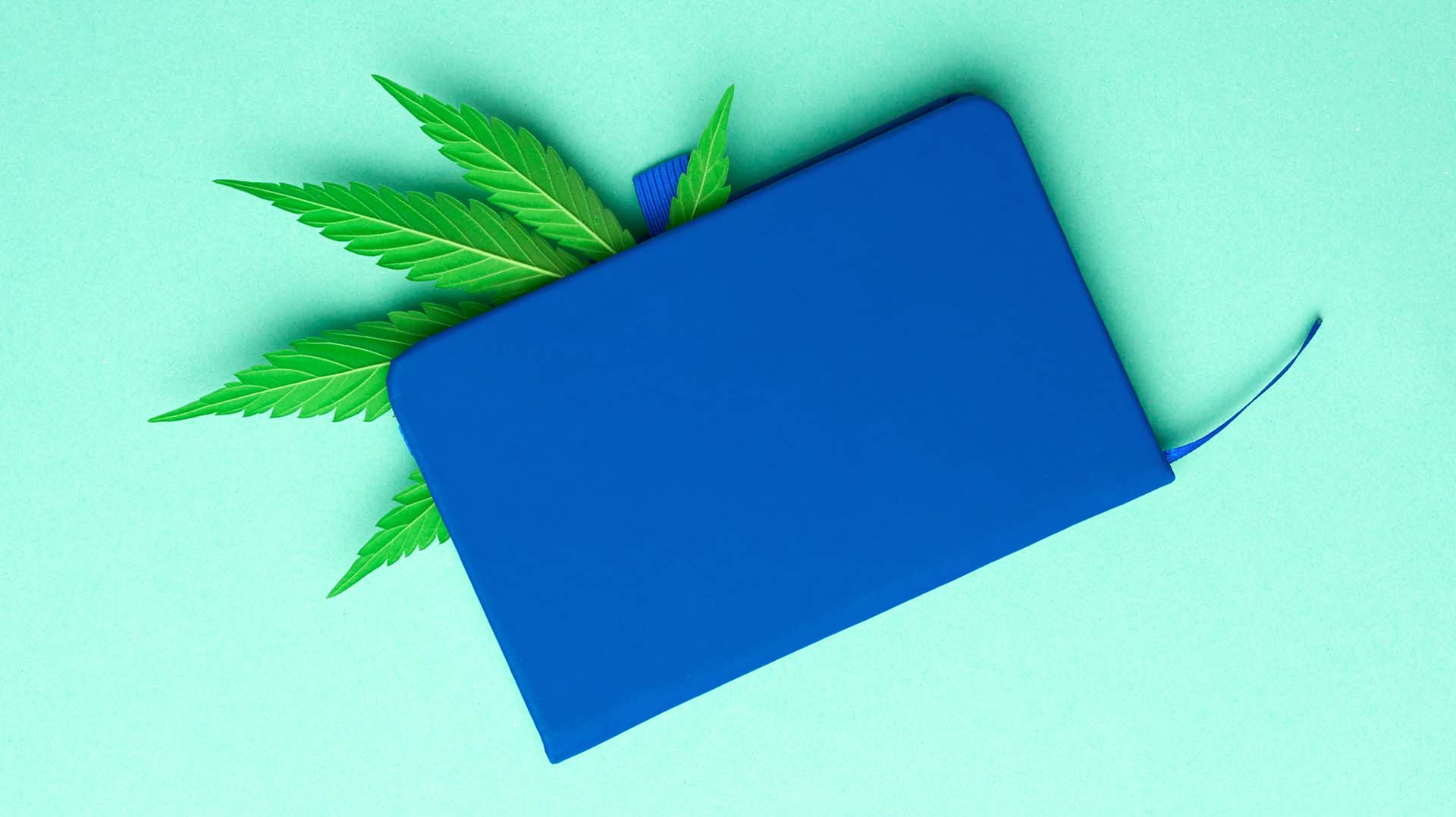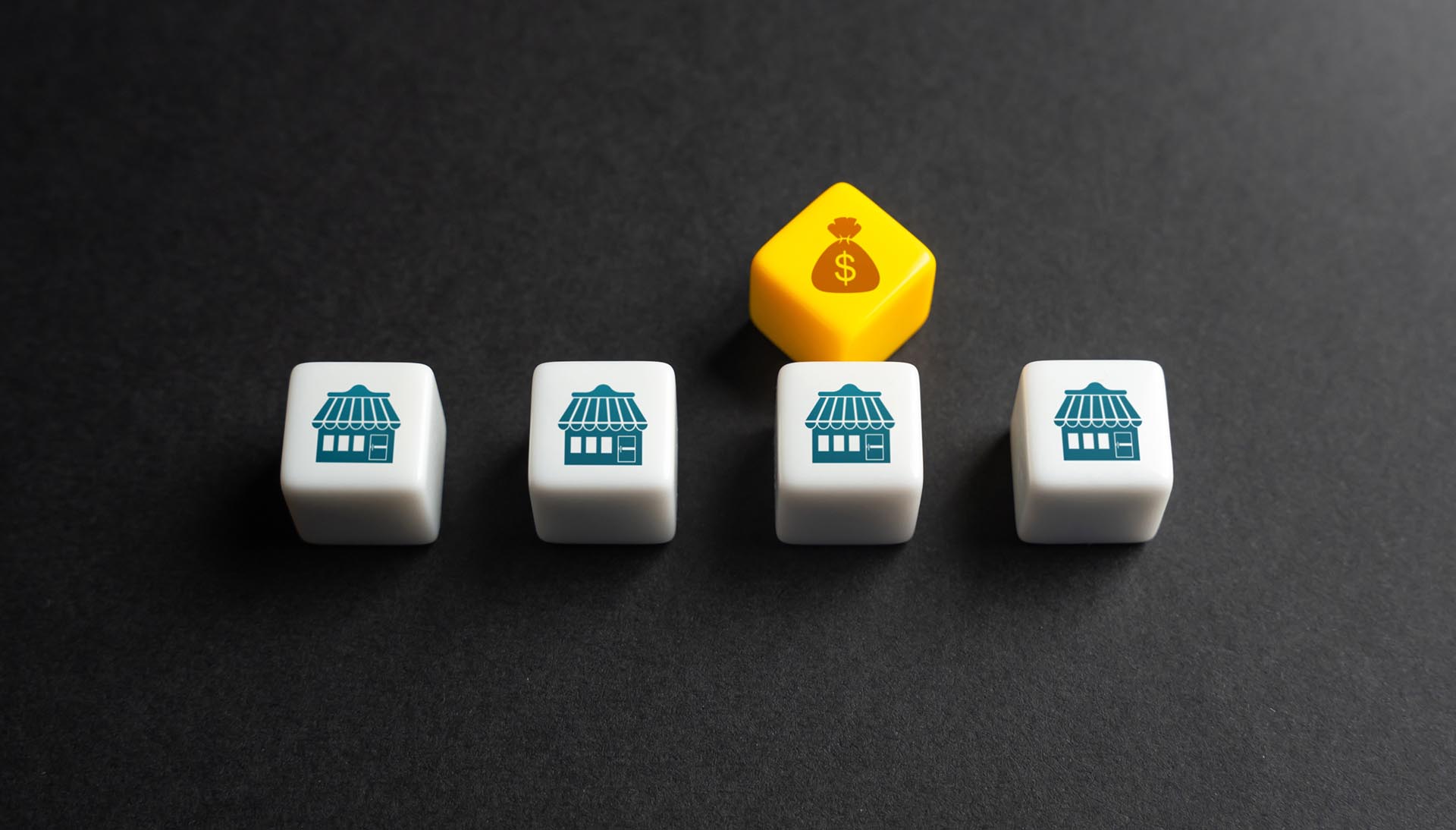Now accepting clients for New York, Maryland, Delaware, and Missouri! Please contact us if you have questions.
Magic Mushroom Sacrament: Psilocybin and Spirituality
Table of Contents
Have you ever wondered about the significance of magic mushroom sacrament?
This unique substance holds a profound cultural and spiritual importance in various rituals and ceremonies. Magic mushroom sacraments, also known as sacramental services, have been used for centuries by different cultures around the world to connect with the divine and explore altered states of consciousness.
In recent years, there has been a growing popularity surrounding the psychedelic renaissance and magic mushroom sacraments. People from all walks of life are embracing these powerful substances for personal growth, self-discovery, and spiritual exploration. The allure lies in their ability to provide transformative experiences that go beyond the ordinary realm of perception.
Magic mushroom sacraments are referred to by different names and terms depending on the culture or tradition. Whether called sacred mushrooms, entheogenic fungi, or psilocybin sacraments, they all share a common thread of being revered as gateways to higher realms of consciousness and spiritual enlightenment.
Historical Use of Magic Mushrooms in Spiritual Practices
Magic mushrooms, also known as psilocybin mushrooms, have a rich and fascinating history, with evidence of their use in spiritual practices dating back centuries. Throughout the past, various cultures have incorporated these mystical fungi into their religious rituals, offering us a unique perspective on the profound impact they can have on human spirituality.
Ancient civilizations, such as the Aztecs and Mayans, revered psilocybin mushrooms for their transcendent properties. These cultures believed that consuming psilocybin mushrooms allowed them to communicate with deities and gain divine wisdom. Cave paintings and ancient texts depict vivid scenes of individuals partaking in mushroom ceremonies, highlighting the significance of these sacraments in their religious lives.
Indigenous communities around the world also recognized the power of psilocybin mushrooms in connecting with higher realms. From Siberia to Africa to South America, indigenous tribes incorporated these sacred fungi into their rituals and ceremonies. The use of psilocybin mushrooms served as a means to commune with ancestors, seek guidance from spirits, and induce altered states of consciousness necessary for spiritual growth.
Artistic depictions throughout history further emphasize the role of psilocybin mushrooms in spirituality. Paintings by renowned artists like Hieronymus Bosch showcase surreal visions inspired by hallucinogenic experiences. These artworks not only provide insight into individual encounters with psilocybin mushrooms but also serve as a testament to the enduring fascination humans have had with altered states of consciousness throughout time.
The historical practices surrounding magic mushroom sacraments continue to influence our modern-day understanding of their spiritual significance. While scientific research has shed light on the chemical compounds responsible for the psychedelic effects of these fungi, it is through exploring historical records that we gain insight into how they were regarded as potent tools for connecting with the divine.
By delving into ancient texts and examining archaeological findings, researchers have uncovered valuable information about how different cultures utilized psilocybin mushrooms in their spiritual pursuits. This knowledge helps shape our current perspectives on the potential benefits and uses of these remarkable substances.
Indigenous Ceremonies and Shamanic Practices with Psilocybin Mushrooms
Specific indigenous tribes known for their use of psilocybin mushrooms in ceremonies
Throughout history, various indigenous tribes have incorporated the use of magic mushrooms into their cultural practices and spiritual rituals. One such tribe is the Mazatec people of Mexico, who have a long-standing tradition of utilizing psilocybin mushrooms in their ceremonies. The Mazatec believe that these sacred fungi possess powerful healing properties and serve as a gateway to spiritual enlightenment.
Another notable tribe is the Shipibo-Conibo people of Peru, who have been using entheogenic plants like psilocybin mushrooms for centuries. In their ceremonies, they combine the consumption of psilocybin mushrooms with other plant medicines such as ayahuasca to induce profound experiences that are believed to connect them with higher realms of consciousness.
Ritualistic practices involving ingestion, preparation, or cultivation of psilocybin mushrooms
In mushroom ceremonies held by indigenous communities, specific rituals and practices are followed to ensure a meaningful experience. The preparation process involves meticulous attention to detail. The mushrooms are carefully selected, often hand-picked from specific locations known for their potency. They are then dried and ground into a powder or brewed into a tea.
During the ceremony itself, participants consume the prepared mushroom concoction under the guidance of experienced shamans or elders. These facilitators play a crucial role in creating a safe and supportive environment for individuals embarking on psychedelic journeys. They provide guidance and support throughout the experience, helping participants navigate any challenges that may arise.
Shamanic traditions associated with guiding individuals through psychedelic experiences
Shamanic practices play an integral role in facilitating transformative experiences during mushroom ceremonies. Shamans are revered figures within indigenous communities due to their deep understanding of plant medicine and their ability to commune directly with spirits. Through ancient wisdom passed down through generations, these shamans guide individuals through profound psychedelic encounters.
The shaman’s role extends beyond simply administering the mushrooms. They act as intermediaries between the physical and spiritual realms, channeling energies and wisdom from nature and ancestral spirits. Their presence brings a sense of security and trust to participants, allowing them to surrender to the experience fully.
Spiritual beliefs surrounding the connection between nature, spiritualism, and psilocybin mushrooms
Indigenous cultures often view magic mushrooms as sacred gifts from nature, imbued with spiritual significance. They believe that these plants possess their own consciousness and are inhabited by benevolent spirits. The ceremonies involving psilocybin mushrooms serve as a means of establishing a deeper connection with these entities and accessing their wisdom.
For indigenous tribes, the use of psilocybin mushrooms is not merely recreational but deeply rooted in spirituality. The experiences encountered during mushroom ceremonies are seen as opportunities for personal growth, healing, and communion with higher powers. They provide insights into one’s place within the natural world and foster a profound appreciation for the interconnectedness of all living beings.
Modern Religious Groups Incorporating Magic Mushroom Sacraments
Contemporary religious movements have emerged that incorporate the use of magic mushroom sacraments as a means to connect with the divine. These groups have developed unique interpretations and rituals surrounding the consumption of these psychedelic substances, but they also face legal challenges and controversies within established religions.
The rise of the “magic mushroom church” is one such example of these modern religious groups. These churches view psilocybin mushrooms as a tool for spiritual exploration and personal growth. They believe that through the ingestion of these sacred fungi, individuals can attain a heightened state of consciousness and commune with higher powers. The magic mushroom church holds ceremonies where participants consume the psychedelic substance in a controlled environment, guided by experienced church leaders throughout.
These religious movements emphasize the importance of faith and belief in their practices. For them, consuming psilocybin mushrooms is not simply an act of recreational drug use but rather an avenue to access profound spiritual experiences. They consider these substances as gifts from the gods or divine entities, allowing followers to establish a direct connection with the spiritual realm.
Each group has its own set of rituals and interpretations surrounding magic mushroom consumption and worship. Some incorporate elements from traditional indigenous practices, while others develop entirely new frameworks for their ceremonies. For instance, some groups may chant specific mantras or prayers during their rituals, while others may engage in meditation or dance to enhance their spiritual experiences.
However, despite their sincere religious convictions, many of these groups face legal challenges due to the classification of psychedelics as controlled substances in many jurisdictions. Religious freedom becomes a central issue for these organizations as they argue that their sacramental use should be protected under constitutional rights.
The inclusion of psychedelics within established religions has sparked controversies among mainstream religious communities. Some argue that incorporating mind-altering substances undermines traditional religious practices or leads to potential misuse and abuse. Others question whether such experiences can truly lead to genuine spiritual enlightenment or if they are merely illusions created by chemical reactions in the brain.
Legal and Ethical Considerations for Sacramental Use of Psilocybin Mushrooms
Current Legal Status Regarding the Use of Magic Mushroom Sacraments Around the World
The legal status surrounding magic mushroom sacraments varies significantly across different countries. Some nations have embraced a more tolerant approach, while others maintain strict regulations. For instance, in Brazil, the Supreme Court ruled in favor of allowing religious groups to use ayahuasca, a psychedelic brew. Similarly, the Native American Church has been granted legal protection for their ceremonial use of peyote, another hallucinogenic substance.
In contrast, many countries classify psilocybin-containing mushrooms as illegal substances. The United States categorizes them as Schedule I drugs with no recognized medical value and high potential for abuse. However, some states within the U.S., such as Oregon and California, have taken steps towards decriminalization or legalization for therapeutic purposes.
Ethical Debates Surrounding Personal Freedom Versus Potential Risks Associated With Psychedelics
The ethical discussions regarding magic mushroom sacraments primarily revolve around balancing personal freedom with potential risks associated with psychedelics. Supporters argue that individuals should have the autonomy to explore their consciousness through these substances if done responsibly and under proper guidance. They believe that these experiences can lead to personal growth, spiritual insights, and even therapeutic benefits.
On the other hand, critics express concerns about safety and mental health risks associated with psychedelics. They worry about adverse reactions or triggering underlying psychological conditions in vulnerable individuals. They raise questions about informed consent and ensuring participants are fully aware of potential risks before engaging in sacred mushroom ceremonies.
Efforts Made by Advocates to Decriminalize or Legalize the Ceremonial Use of Psilocybin
Advocacy groups worldwide are actively working towards decriminalizing or legalizing the ceremonial use of psilocybin-containing psychedelic mushrooms everywhere. These efforts aim to provide individuals with the opportunity to explore the spiritual and therapeutic potential of psilocybin mushrooms in a controlled and safe environment.
Over the past few years, a handful of progressive cities in the U.S. such as Denver, Oakland, and Santa Cruz have passed measures to decriminalize personal possession and use of psilocybin mushrooms within their jurisdictions. Furthermore, Oregon became the first state to legalize psilocybin therapy through Measure 109 in November 2020. These milestones signify a shifting perspective towards recognizing the potential benefits of magic mushroom sacraments.
Safety Precautions Recommended for Those Participating in Magical Mushroom Ceremonies
When participating in magical mushroom ceremonies, it is crucial to prioritize safety by following recommended precautions. These measures help ensure that individuals have a positive and secure experience:
Screening Process: Participants should undergo a thorough screening process to identify any underlying health conditions or contraindications that may pose risks during the ceremony.
Guidance from Experienced Facilitators: Working with experienced facilitators who are knowledgeable about psychedelic experiences can provide guidance and support throughout the ceremony.
Safe Setting (Set and Setting): Choosing an appropriate setting that is comfortable, familiar, and free from external disturbances helps create a conducive environment for the ceremony. Learn more about “Set and Setting” here.
Intention Setting: Clarifying personal intentions before consuming psilocybin mushrooms can enhance focus and promote meaningful experiences.
Integration Support: Psychedelic integration support involves meeting with a therapist or guide before and after a psychedelic experience to help prepare for and make sense of the experience in order to better integrate any insights or perspectives gained into one’s daily life.
The Science Behind Psilocybin and its Effects on the Brain
Psilocybin, the primary active compound found in magic mushrooms, has long been revered for its mystical and spiritual properties. However, recent scientific research has shed light on the chemical composition and neurological effects of this psychedelic substance. Understanding how psilocybin interacts with the brain can provide valuable insights into its potential therapeutic applications.
Chemical composition and properties of psilocybin found in magic mushrooms
Psilocybin belongs to a class of compounds known as psychedelics, which induce profound alterations in perception, thoughts, and emotions. Derived from various species of fungi, including Psilocybe cubensis and Psilocybe semilanceata, magic mushrooms contain varying concentrations of psilocybin.
Chemically speaking, psilocybin is structurally similar to serotonin – a neurotransmitter involved in mood regulation. When ingested, psilocybin is rapidly converted into its active form called psilocin. This conversion occurs primarily in the liver before it enters the bloodstream and crosses the blood-brain barrier.
How psilocybin interacts with serotonin receptors in the brain
Once inside the brain, psilocin binds to specific serotonin receptors known as 5-HT2A receptors. These receptors are predominantly located within regions responsible for cognition, emotion regulation, and sensory processing. By activating these receptors, psilocin modulates neural activity and alters communication between different brain regions.
The interaction between psilocin and 5-HT2A receptors triggers a cascade of events that lead to increased glutamate release – an excitatory neurotransmitter associated with learning and memory processes. This surge in glutamate activity promotes enhanced connectivity between previously segregated brain networks.
Neurological effects of psilocybin, including altered perception and increased connectivity
One of the most notable effects of consuming psilocybin mushrooms is altered perception. Users often report vivid visual hallucinations, synesthesia (a blending of senses), and a distorted sense of time. These perceptual changes arise from the disruption of normal neural pathways, allowing for novel connections and patterns to emerge.
Moreover, psilocybin has been shown to increase the overall connectivity between brain regions that are typically less integrated. This heightened connectivity is believed to underlie the profound introspective experiences and ego dissolution frequently reported during psychedelic trips.
Ongoing research on the therapeutic potential of psilocybin for mental health conditions
Beyond its recreational use, psilocybin has garnered significant attention as a potential treatment for various mental health conditions. Research studies have demonstrated promising results in using psilocybin-assisted therapy for depression, anxiety disorders, addiction, and post-traumatic stress disorder (PTSD).
Psilocybin’s ability to induce mystical experiences accompanied by increased feelings of connectedness and transcendence may contribute to its therapeutic effects. By facilitating introspection and promoting emotional breakthroughs, it offers an alternative approach to conventional treatments.
As research into psychedelics continues to expand, scientists are uncovering new insights into the mechanisms underlying psilocybin’s therapeutic potential. Through rigorous clinical trials and controlled experimentation, they aim to harness the power of this natural compound while ensuring safety and efficacy.
Therapeutic Potential of Psilocybin for Mental Health Conditions
Promising Results in Treating Depression
Studies exploring the use of psilocybin mushrooms as a sacrament have shown promising results in treating depression. Traditional antidepressant medications often take weeks or even months to take effect, leaving patients feeling frustrated and hopeless. However, the healing properties of magic mushrooms offer an alternative approach that may provide relief more quickly.
Psilocybin mushrooms contain psilocybin, a psychoactive compound that interacts with serotonin receptors in the brain. This interaction can lead to profound shifts in perception and consciousness, which researchers believe may help break patterns of negative thinking associated with depression.
Furthermore, studies have shown that individuals who have undergone magic mushroom-assisted therapy experience a sense of interconnectedness and unity with the world around them. This newfound perspective can provide individuals suffering from depression with a renewed sense of purpose and meaning in their lives.
Potential Benefits for Anxiety Disorders and PTSD
In addition to its potential efficacy in treating depression, magic mushroom-assisted therapy shows promise for individuals struggling with anxiety disorders or post-traumatic stress disorder (PTSD). These mental health conditions often involve persistent feelings of fear, panic, and distress that significantly impact daily life.
Magic mushrooms have been found to activate areas of the brain associated with emotional processing and memory consolidation. By facilitating the release of repressed emotions and allowing individuals to confront past traumas within a safe therapeutic environment, these substances could potentially alleviate symptoms associated with anxiety disorders and PTSD.
Addressing Existential Distress and End-of-Life Anxiety
Existential distress refers to feelings of despair or anguish related to one’s existence or purpose in life. Similarly, end-of-life anxiety can be overwhelming for individuals facing terminal illnesses or contemplating mortality. Magic mushroom-assisted therapy has shown promise in addressing these existential concerns by providing patients with a unique perspective on life and death.
By inducing mystical experiences characterized by feelings of transcendence and unity, magic mushrooms can help individuals confront their mortality and find solace in the interconnectedness of all things. This newfound understanding can alleviate existential distress and reduce end-of-life anxiety, allowing patients to approach their remaining time with greater peace and acceptance.
Challenges and Limitations in Clinical Trials
While the therapeutic potential of magic mushrooms for mental health conditions is increasingly recognized, conducting clinical trials on psychedelic therapies presents several challenges. The classification of these substances as Schedule I drugs restricts research opportunities and funding availability. Ensuring participant safety during therapy sessions requires skilled professionals experienced in managing potentially intense psychological experiences.
Moreover, the subjective nature of psychedelic experiences makes it challenging to design standardized treatment protocols suitable for large-scale clinical trials. Each individual’s journey with magic mushrooms is unique, making it difficult to establish consistent dosages or predict specific outcomes.
Despite these limitations, researchers are continuing to explore the healing potential of magic mushroom-assisted therapy for mental health conditions. As more studies are conducted and regulations evolve, we may unlock further insights into how these substances can contribute to improved mental well-being.
Legal Status and Cultural Attitudes towards Magic Mushroom Sacraments
In conclusion, the legal status and cultural attitudes towards magic mushroom sacraments are complex and varied. The historical use of magic mushrooms in spiritual practices dates back centuries, with indigenous ceremonies and shamanic practices incorporating these sacred fungi. Today, some modern religious groups have also embraced magic mushroom sacraments as a means of connecting with the divine.
However, the legality of using magic mushrooms for sacramental purposes differs across jurisdictions. While some countries have decriminalized or legalized psilocybin-containing mushrooms, others still consider them illegal substances. It is important to be aware of the legal implications before engaging in any sacramental use.
Despite legal considerations, the therapeutic potential of magic mushrooms for mental health conditions has gained significant attention. Research suggests that psilocybin can have profound effects on the brain, potentially alleviating symptoms of depression, anxiety, and PTSD. As more studies explore these benefits, it is crucial to approach this topic with an open mind and respect for scientific research.
While magic mushroom sacraments hold deep spiritual significance for many individuals and cultures worldwide, their legal status remains a point of contention. If you are considering exploring these sacraments for personal or religious reasons, it is essential to understand the legal landscape in your area and approach their use responsibly to avoid religious persecution.
FAQs – Psilocybin Mushrooms as Sacrament
Can I legally consume magic mushrooms as part of a religious ceremony?
The legality of consuming magic mushrooms as part of a religious mushroom ceremony varies depending on your jurisdiction. Some countries may allow certain religious groups exemptions for sacramental use, while others consider it illegal regardless of religious context. It is crucial to research and understand the specific laws in your area before engaging in any such activities.
Are there any potential risks associated with consuming magic mushrooms?
While psilocybin-containing mushrooms are generally considered safe when used responsibly and under supervision, there are potential risks involved. These risks include adverse psychological reactions, such as panic attacks or psychosis, especially in individuals with a history of mental health conditions. It is important to approach the use of magic mushrooms with caution and consider factors like dosage, set, and setting.
Can magic mushrooms be used as a treatment for mental health conditions?
Emerging research suggests that psilocybin, the active compound in magic mushrooms, may have therapeutic potential for mental health conditions such as depression and PTSD. However, it is crucial to note that these studies are still ongoing, and the medical community has not yet widely endorsed magic mushrooms as a mainstream treatment. If you are considering using them for therapeutic purposes, it is essential to consult with a qualified healthcare professional.
Where can I find legal information about magic mushroom sacraments?
To obtain accurate legal information about magic mushroom sacraments in your area, it is advisable to consult local laws and regulations. Government websites or legal resources specific to your jurisdiction can provide up-to-date information on the legality of their use for religious or sacramental purposes.
Are psilocybin mushroom churches allowed under the Religious Freedom Restoration Act?
The Religious Freedom Restoration Act (RFRA) is a 1993 federal law that requires strict scrutiny when the free exercise of religion is substantially burdened by the government. Whether psilocybin mushroom churches would be protected under RFRA is an unsettled legal question that would depend on the specific facts and circumstances. Some key considerations:
RFRA protects religious exercise, so there would need to be a sincere belief involved in the use of psilocybin mushrooms. Courts are generally hesitant to question the validity of religious beliefs.
However, RFRA does not provide an unconditional right to violate laws. The government can still substantially burden religious exercise if it can demonstrate that the law or policy furthers a compelling interest and is the least restrictive means of achieving that interest.
Courts have not ruled directly on whether RFRA could protect religious use of currently illegal substances like psilocybin. There are arguments on both sides. On one hand, the federal government has designated psilocybin a Schedule I illegal drug, which reflects a compelling interest in preventing abuse. On the other hand, some religious groups argue that using psilocybin is central to their sincerely held religious beliefs and RFRA should allow exceptions.
The religious use of ayahuasca, which contains DMT, has been more widely litigated in the psychedelic space. Courts have split on whether RFRA protects ayahuasca use in certain ceremonies. This could suggest courts may also divide on psilocybin mushroom churches.
Overall, the legal status of psilocybin mushroom churches under RFRA remains uncertain and would likely need to be resolved through case-by-case litigation. The religious sincerity, government interests, and least restrictive means would all be key issues courts would have to balance.
How should I approach discussions about magic mushroom sacraments within my community?
When discussing topics related to magic mushroom sacrament within the spiritual community, it is important to approach conversations with respect and an open mind. Recognize that opinions may vary widely due to cultural backgrounds, organized religion, and personal beliefs. Engage in thoughtful dialogue while considering different perspectives without dismissing or belittling others’ viewpoints.
Unlock Your Psychedelic Potential with Expert Guidance
Are you navigating the dynamic landscape of psychedelic business? Our specialized Psychedelic Business Consulting Services are here to guide you towards success. Whether you're a startup, organization, or entrepreneur in the emerging psychedelic industry, we offer tailored strategies, market insights, and regulatory expertise to help you thrive.
🌟 Why Choose Our Psychedelic Business Consulting Services?
🔮 Expert Insights: Benefit from our in-depth knowledge of the psychedelic space, keeping you informed about market trends and opportunities. 📈 Strategic Planning: Craft a solid roadmap for your psychedelic venture with data-driven strategies that ensure growth and sustainability. 📑 Regulatory Guidance: Navigating complex regulations is our forte. We'll help you understand and adhere to evolving legal frameworks. 🚀 Business Expansion: Ready to scale? We'll provide actionable steps to expand your psychedelic business while staying compliant. ✨ Unlock the Power of Psychedelics for Business Success Whether you're entering the field or seeking to elevate your existing venture, our Psychedelic Business Consulting Services are your gateway to success. Contact us today to embark on a transformative journey towards achieving your business goals.
More To Explore

